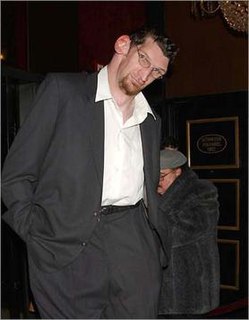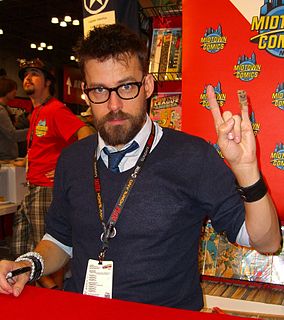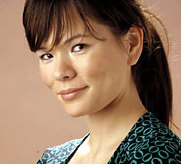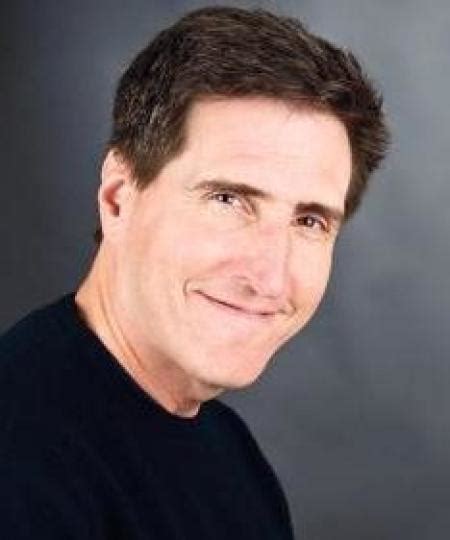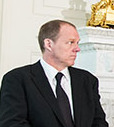A Quote by Charlie Kaufman
From my vantage point in writing a story, I can't and don't and have no interest in thinking about the level of sophistication of the audience. I can only think about what interests me, and maybe what I would want to see if I were watching the movie. To me, that's the key to writing something that's not pandering.
Related Quotes
The difference when I'm writing a story versus writing a joke is that writing a joke is so much more about the structure and it's less about the conversation. To me, the thing that I love about stand-up is the intimacy between performer and audience.To get it even more conversational was something that really appealed to me and that I really enjoyed doing. My early experiments with it, with just telling a story from my life on stage, it was so satisfying to do. And seemingly for the audience as well. It's a different thing, and it's a different feeling and a different vibe.
I like movies that interest me and stories that interest me, I don't think about how much money it's gonna [cost] to make the movie, I don't think about any of that. I think about certain aspects like who's making the movie and who's gonna tell a story that I wanna be involved in, but I don't have that choice and I never have.
Perhaps if there is anything remotely interesting about my writing style, it is this: more often than not I have no idea what the story is going to be about. Sometimes I have a fuzzy vision, or a glimpse of one scene, or a character. But mostly all I have is a random first sentence, and I follow it to see where it might go. For me, writing is the process of discovery, of gradually figuring out what happens in the story and how it ends, that makes writing an interesting process for me.
You know, my problem with most screenwriting is it is a blueprint. It's like they're afraid to write the damn thing. And I'm a writer. That's what I do. I want it to be written. I want it to work on the page first and foremost. So when I'm writing the script, I'm not thinking about the viewer watching the movie. I'm thinking about the reader reading the script.
I don't think we need a critic to negotiate with the audience. People say, "Who are you writing for?" I'm writing for myself but my audience is anybody who knows how to read. I think a story should engage anybody who knows how to read. And I hope that my stories do, maybe on a different level for more sophisticated readers than, say, a high school kid, but still a story has got to grab you. That's why we read it.
As a writer, I need an enormous amount of time alone. Writing is 90 percent procrastination: reading magazines, eating cereal out of the box, watching infomercials. It's a matter of doing everything you can to avoid writing, until it is about four in the morning and you reach the point where you have to write. Having anybody watching that or attempting to share it with me would be grisly.
I think when I start out writing, I always try to write the version of the movie that I want to go see. I don't mean it in a way that ignores the audience, but I really set out to make a movie that I want to see and that, hopefully, other people will want to go see it. So whatever's amusing to me, I guess, I throw it all in there.


